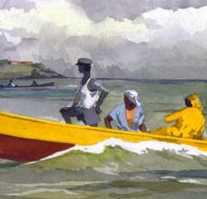The article on women’s hair that I referenced in my previous post has been removed from the American Bar Association’s news website, and I have discovered that my post is the first result returned for a Google search of “women’s hair” and “ABA.” Kinda cool.
Meanwhile, over the weekend a disgruntled Tweeter of conservative political persuasion advised me to “get out more, ” “read something,” and “learn something.” Because a woman who disagrees with said Tweeter and others like him is necessarily ill informed and sheltered. (For what it’s worth, I’m currently reading The Swerve: How the World Became Modern by Stephen Greenblatt.)
I have from time to time considered toning down my political posts and Tweets, if only because I do get tired of being cursed at by strangers. But I cling to the notion that ideas should be shared freely, and that they improve in the sharing especially when they are buffeted around some. I can’t surround myself with people who agree with me to the exclusion of everyone else because I am willing to learn. Although I prefer to do it with people similarly capable of tolerating dissent.
For this Monday Morning Hearsay, then, a passage from Derek Walcott’s swoon-inducing homage to Homer, and the epic journey:
II Just as the nightingales had forgotten his lines, cameras, not chimeras, saw his purple sea as a postcard archipelago with gnarled pines and godless temples, where the end of poetry was a goat bleating down from the theatre steps while the myrtles rustled like the dry sails of ships. “You ain’t been nowhere,” Seven Seas said, “you have seen nothing no matter how far you may have travelled, cities with shadowy spires stitched on a screen which the beak of a swift has ravelled and unravelled; you have learnt no more than if you stood on that beach watching the unthreading foam you watched as a youth, except your skill with one oar; you hear the salt speech that your father once heard; one island, and one truth. Your wanderer is a phantom from the boy’s shore.
Derek Walcott, Omeros (Farrar, Strauss and Giroux 1990) (excerpted from Chapter LVIII)

